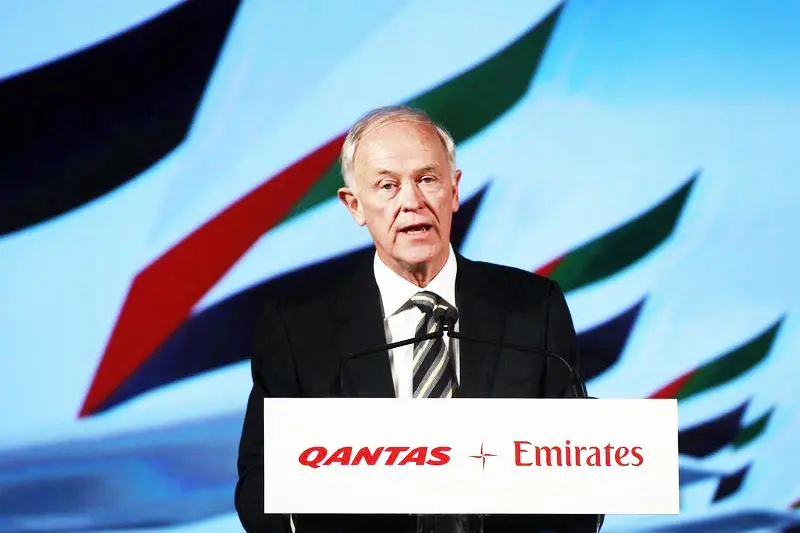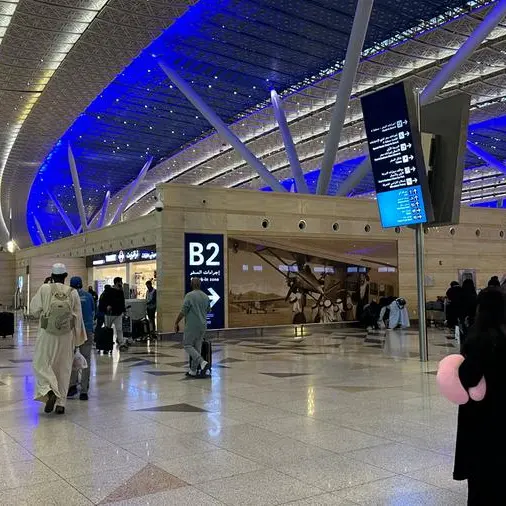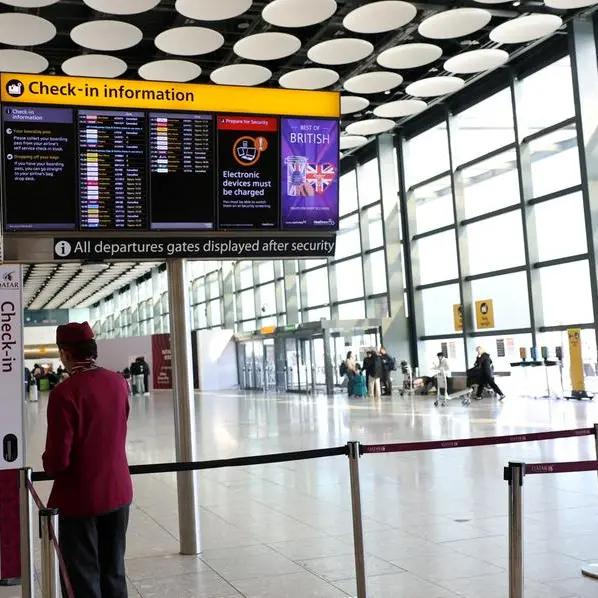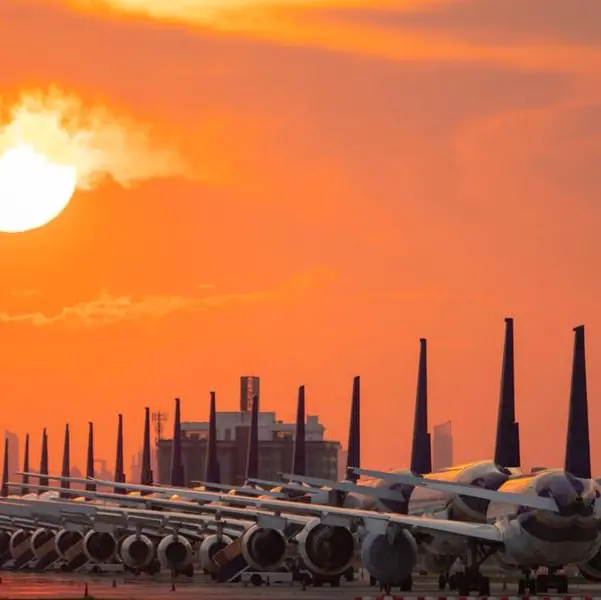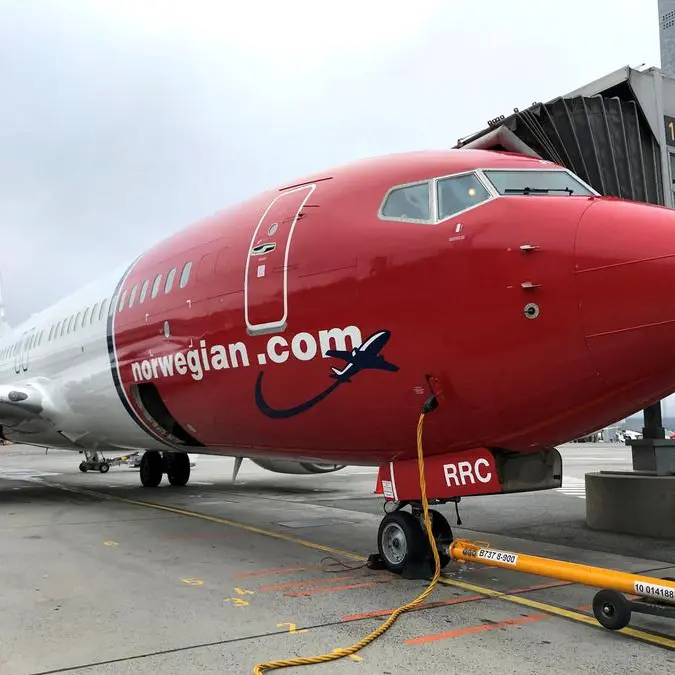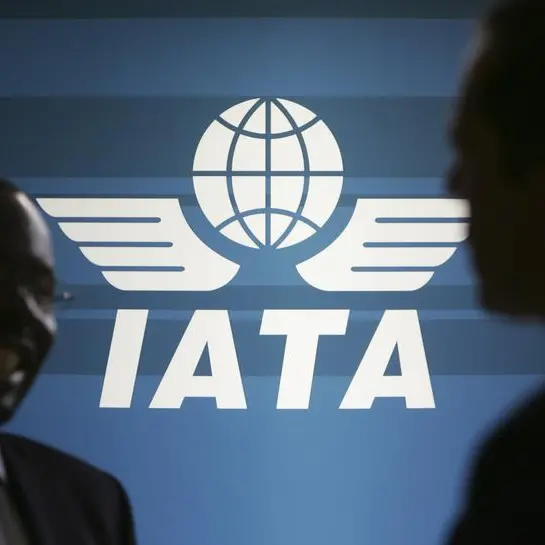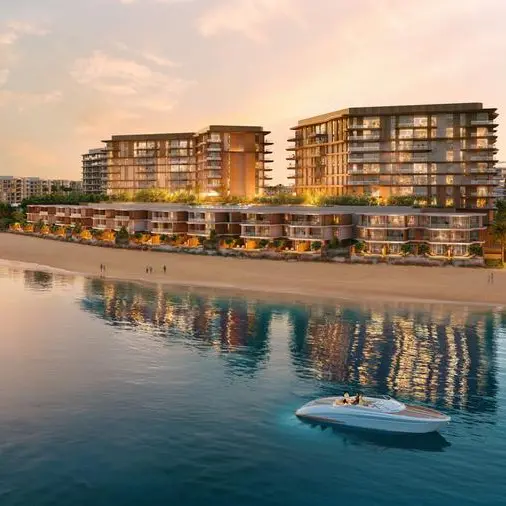PHOTO
The rise of a new airline in Saudi Arabia will be good for the region and good for aviation, said Emirates Airline President Tim Clark, as he wished them “good luck” at the Arabian Travel Market (ATM) held in Dubai today.
Clark said the announcement of two new airlines in the kingdom over the last year was going to be “very interesting”.
“In the case of Saudi, you are going to have three airlines, Riyadh Air, NEOM and [existing carrier] Saudia, this is going to be very interesting, to watch how this will go on,” he said, speaking in a discussion on the second day of the event.
“Riyadh has been the most recent part of the Saudi aviation policy. Saudia is going to think, ‘I’m going to need a piece of this as well’. And NEOM is going to be a major development in the East of Saudi Arabia.
“If they are going to spend trillions of dollars, it’s great for the area, it’s great for the aviation industry, and good luck to them as far as I am concerned. Does that affect us? No, I don’t think so.”
Clark told the audience that he was “flattered” that new carriers were using Emirates as the model on which they wish to build their carriers but warned that the success of the Dubai-based airline was not an accident.
“If they are going to try to emulate this, that’s good, because we know it works, but the trick is you’ve got to make money at the same time,” he said, adding that new carriers with billions to spend may come up against competition rules if they venture into Europe.
“The Europeans don’t want large billions being thrown from carriers that are going to compete in their market, they will call that unfair, so you have got to be careful of that,” Clark told the audience, referring to European Commission and Parliament laws passed in 2018, which hardened rules around carriers in receipt of state subsidies, including Emirates, Abu Dhabi-based Etihad Airways and Qatar Airways, operating in Europe.
“You have got to deliver [the airline] in a profitable manner, with little or no state intervention at all, and I have not seen too much of that in terms of clear profitability and transparency,” he said.
“But the pressure will be on, the transparency will have to be there.”
Similar questions to those currently being asked about the viability of there being multiple Gulf-based airlines had arisen during the formation of Etihad Airways, Oman Air and Qatar Airways, he said.
“Well, they are all still here and they are doing fairly well,” he concluded.
New aircraft
Clark said 50 Airbus A350s will be flying with Emirates from August next year. The arrival of the new aircraft follows delays and the resolution of a dispute between the manufacturer and Qatar Airways over a fault regarding paint cracking in high temperatures.
Regarding the Boeing 777-9, Clark said the manufacturer had begun testing on the aircraft “in earnest,” after tests were halted due to engine issues last year. He told Aviation Week last year that he did not expect delivery of the 777-9 until 2025.
To mitigate in case there were further delays, Emirates had launched a refurbishment programme of existing 777s, he said.
“We can never be at the held at the mercy of supply chain or manufacturers, so now we are refurbishing these aircraft. If they are delayed again, we still have something in the armoury.”
(Reporting by Imogen Lillywhite; editing by Seban Scaria)
